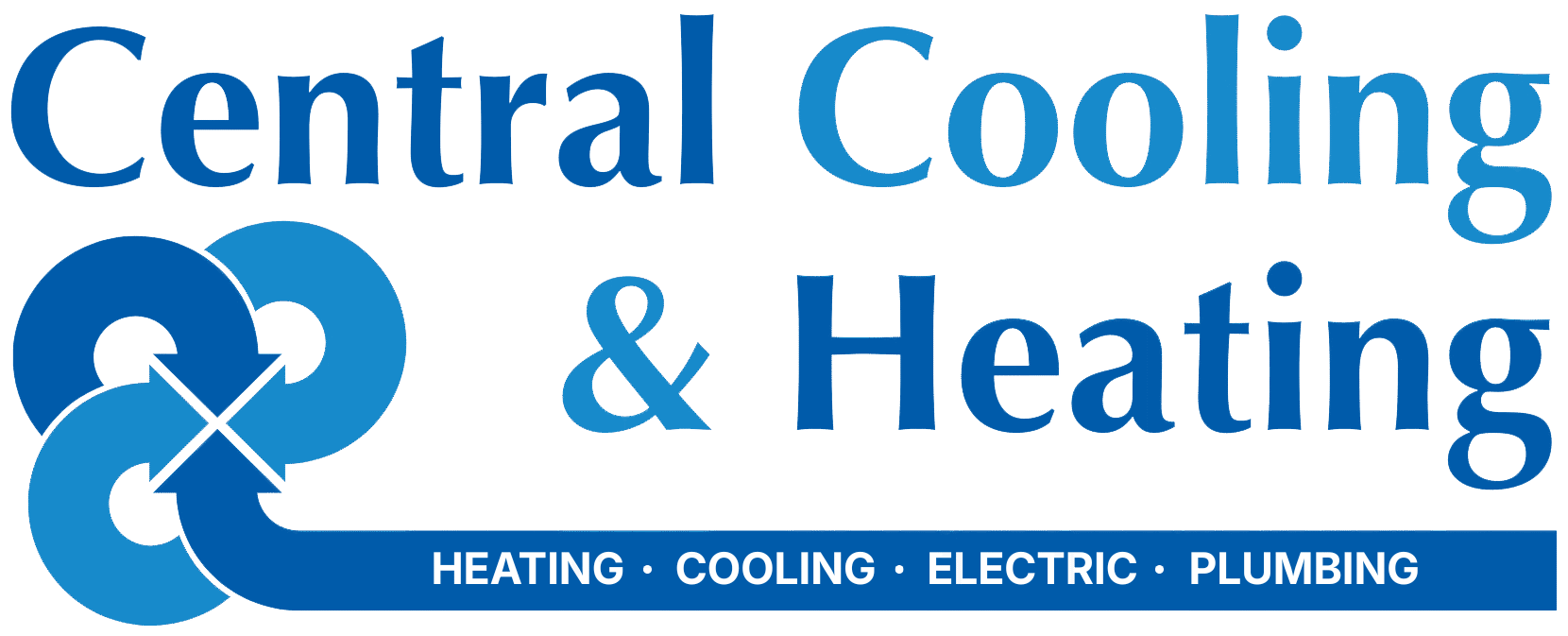If your home’s furnace or heat pump is more that 12 years old, you may have given thought to replacing it with a high-efficiency model. It makes good sense: today’s new units use far less gas than anything older than a decade, and Mass Save rebates to replace equipment older than 12 years are as high as $1,000!
It’s a big expense, to be sure. That’s cause for pause. And it’s easy to be overwhelmed by all of the options.
Just know that here at Central Cooling & Heating, we’re here to help.
First, all existing furnace owners should know that replacing a furnace with a heat pump — or with a furnace-heat pump combination— is now a very logical consideration.
Perhaps you heard heat pumps are expensive? Meant for small condos? Or are just for heating? Nope. With today’s technology, not only are heat pumps an affordable option but they’re actually often less expensive. They don’t rely on our planet’s limited resources like gas. Certain models are designed for good-sized houses.
Oh, and by the way, they also cool your home in the summer, as well.
Want some proof? We’ve got heaps of it.
Let’s start by explaining HSPF. This is our industry’s acronym for “Heating Season Performance Factor.” A “performance factor” is the U.S. Department of Energy’s method for measuring the energy efficiency of a heat pump during the heating season.
For our math-loving customers, here’s the equation:
HSPF = hs / Pws 3413
where
hs = heat produced during the season (Btu)
Pws = electrical power consumed during the season (kWh)
For those of us who did better in English and Art at school, all you need to know is that “higher” is “better.”
Most models of heat pumps fall into these categories:
- 8.2 HSPF: DOE minimum efficiency as of January 1, 2015. This is the lowest allowed efficiency for new equipment; still most likely significantly more efficient than what you’re replacing.
- 8.5 HSPF: DOE ENERGY STAR® qualified product meeting the U.S. Government’s minimum standard for higher efficiency, energy saving products as of September, 2015.
- 11.0 HSPF: Super efficient units, such as Carrier’s Infinity® 18VS in 2014. It has the ability to run anywhere from 25 to 100% of its capacity — meaning it uses only he energy it needs at that moment.
- 13.0 HSPF: The best. Carrier’s Infinity 20 has up to 13.0 HSPF heating efficiency. Six years after its first introduction, this remains the highest heating efficiency on the market!
Let’s break that down into dollars. If you purchased a heat pump with an HSPF of 13.0 you could save up to $314 per year in heating. According to a recent advertisement that money could be used to fly to Spain.

With an HSPF of 11.0 you could save up to $217 per year in heating. Not to mention, you’ll be able to sleep super-well at night, because you’ll feel great about how nice you’re being to our lovely planet. And all day long, you and your family will be super comfortable.
What about summer? That season’s acronym’s high efficiency rating (SEER: Seasonal Energy Efficiency Rating) of 20.0 can save you nearly an additional $100 per year in cooling costs.
Feeling good about this purchase all of the sudden? We thought you might. And, good news: It gets even better.
We mentioned earlier that one great option for owners of detached houses is to have Central Cooling & Heating install both a new high-efficiency furnace and a new heat pump — with a smart controller tied in to both. This is known in the industry as “Hybrid Heat.” Continuously, each day and night, the system decides whether to use the furnace or the heat pump to heat or cool your home (furnaces are most efficient in the depths of winter; heat pumps are best the rest of the year). The monthly energy savings can be huge, and current rebates from state agencies, energy suppliers and manufacturers like Carrier takes the sting out of the higher system cost.
Every home is different, and our staff is considered to be among the most knowledgable in New England (we just won our fourth Presidents Award from Carrier). Give us a call today to schedule a time with one of our experts, to help you choose the best system for your home.
You’re going to wish your old system bit the dust years ago.
